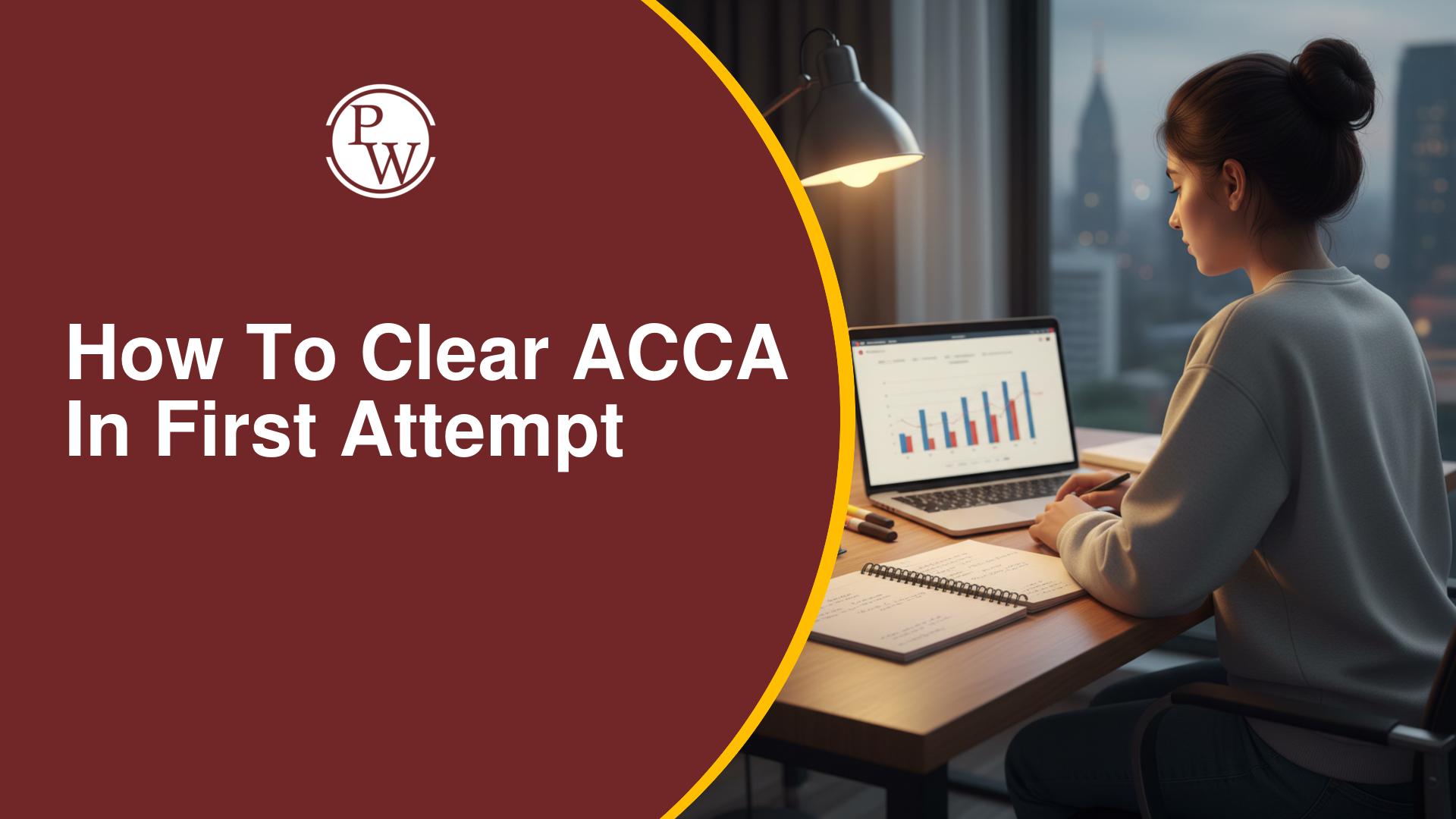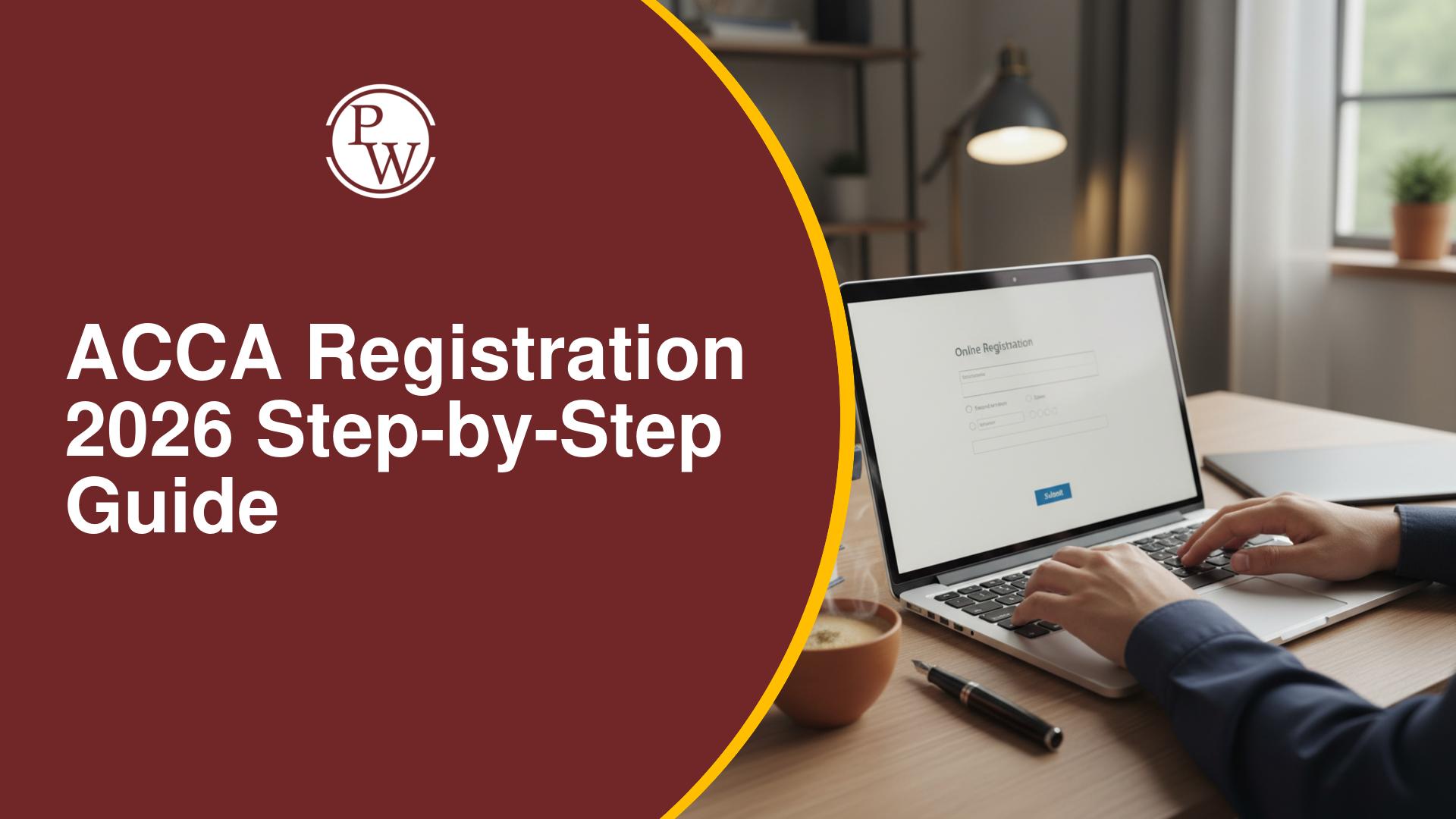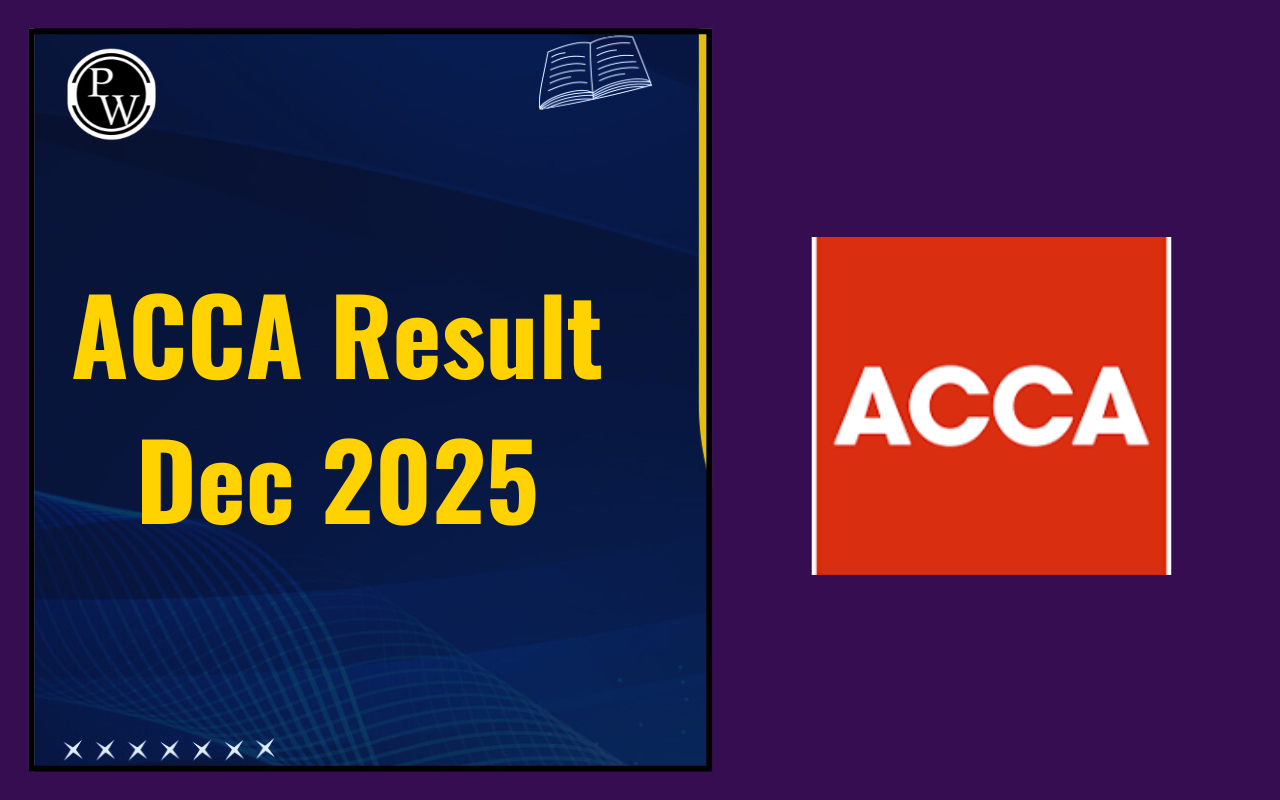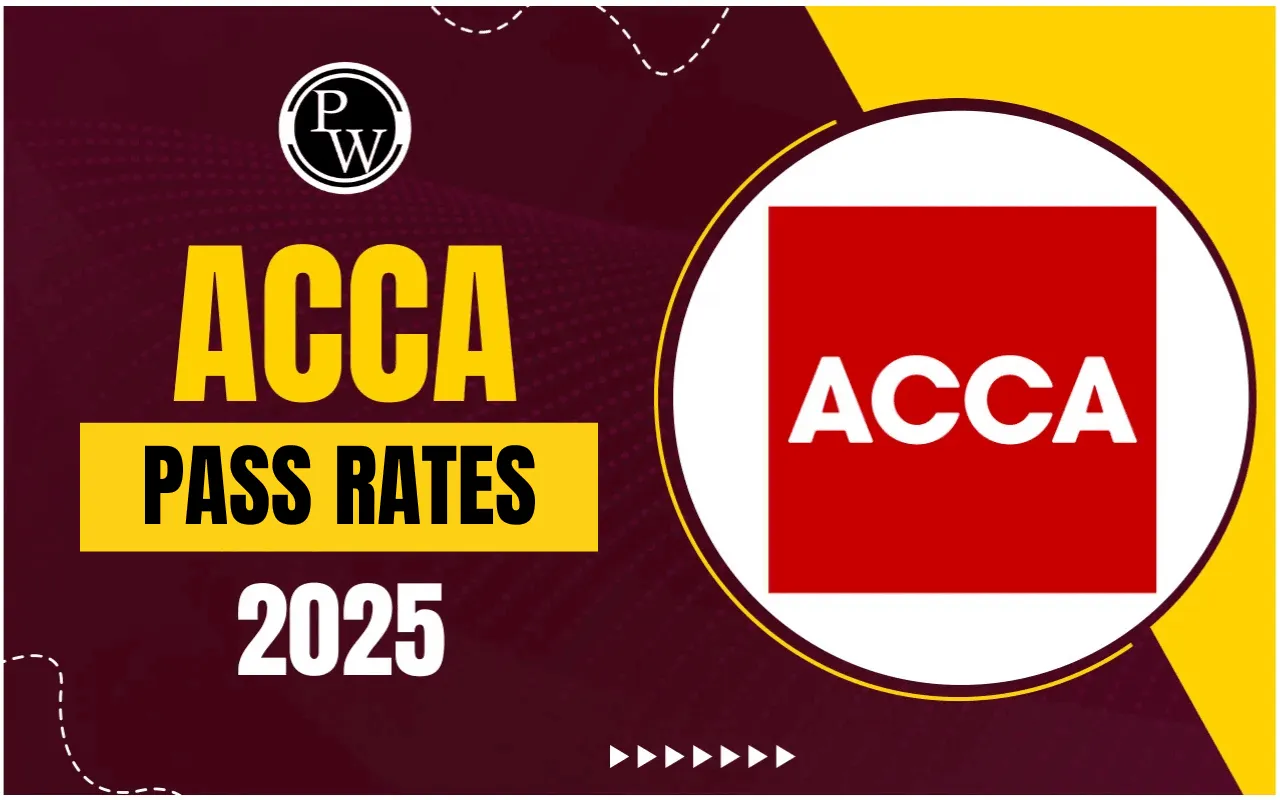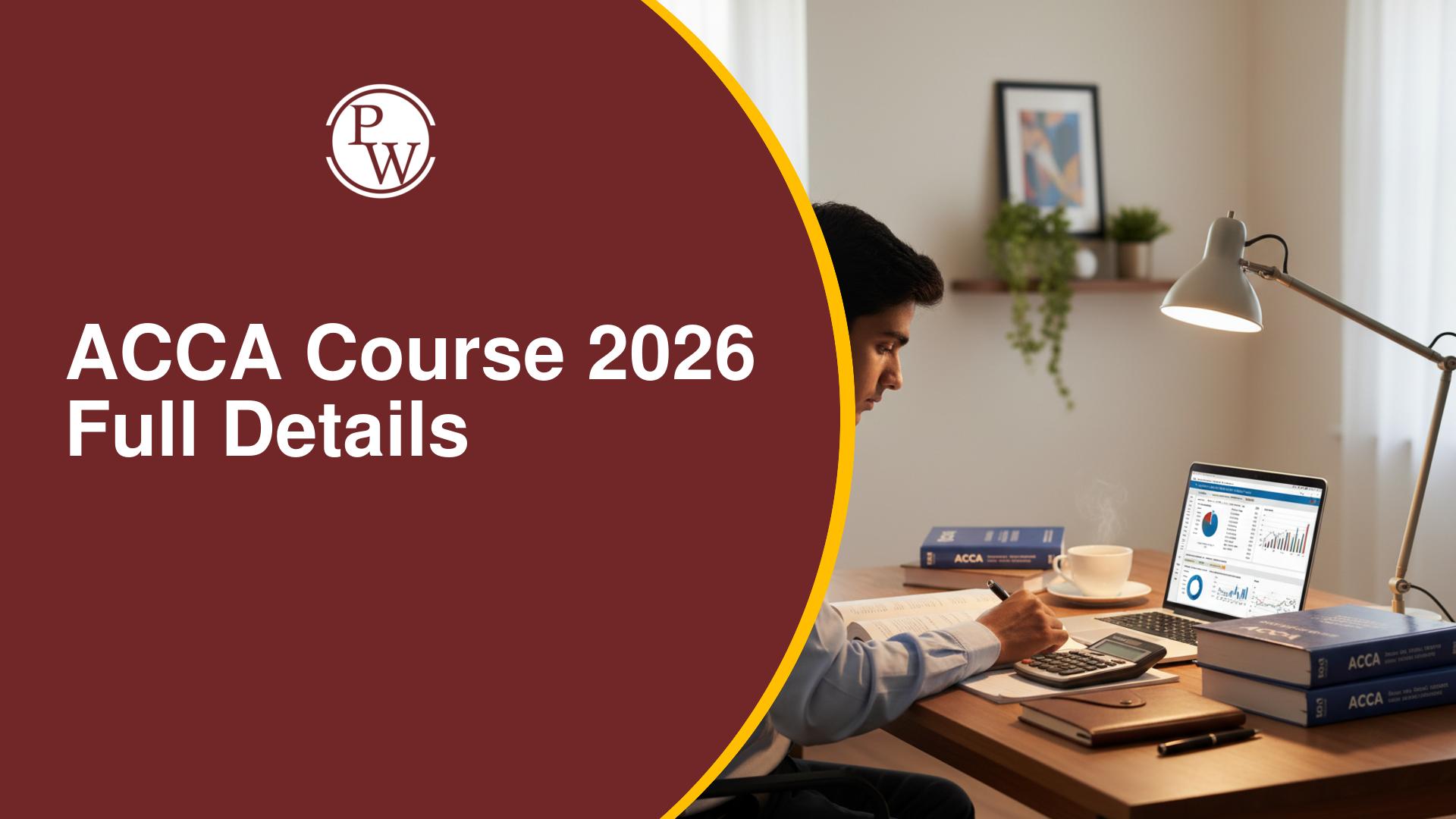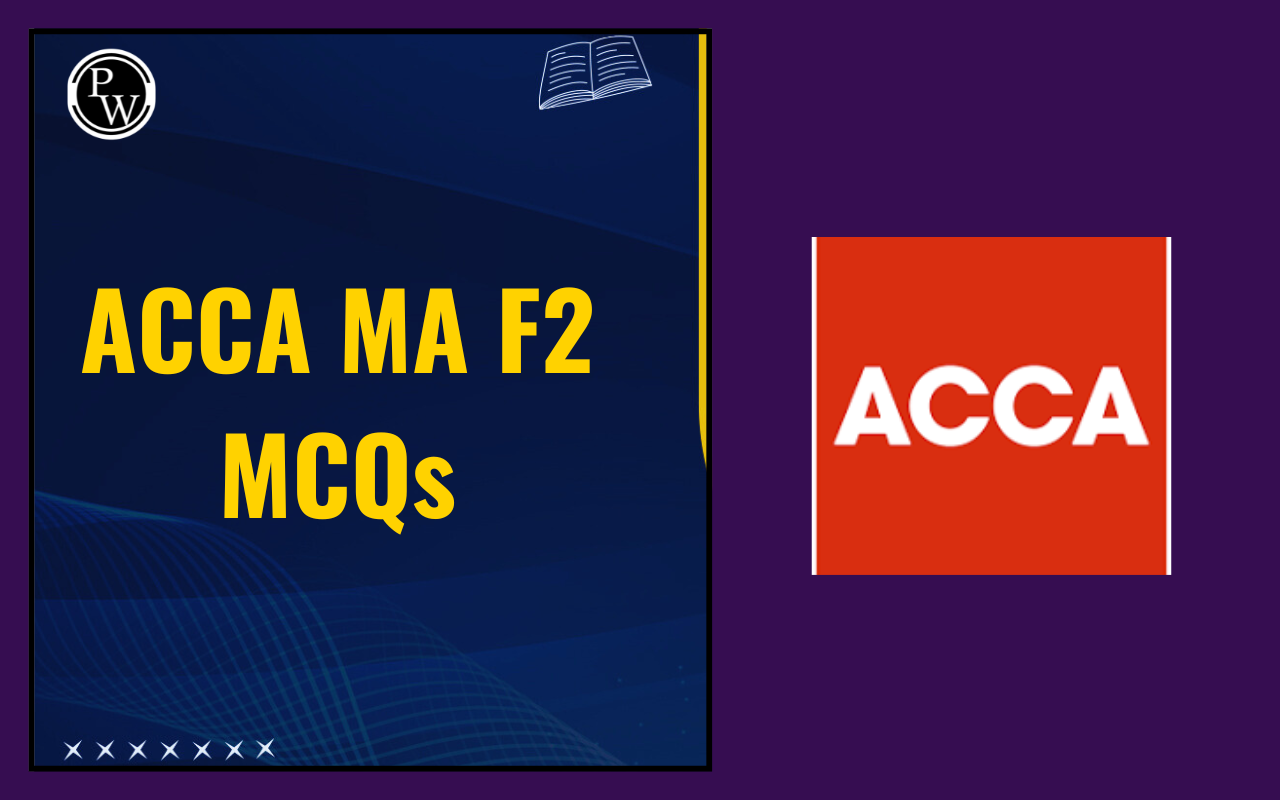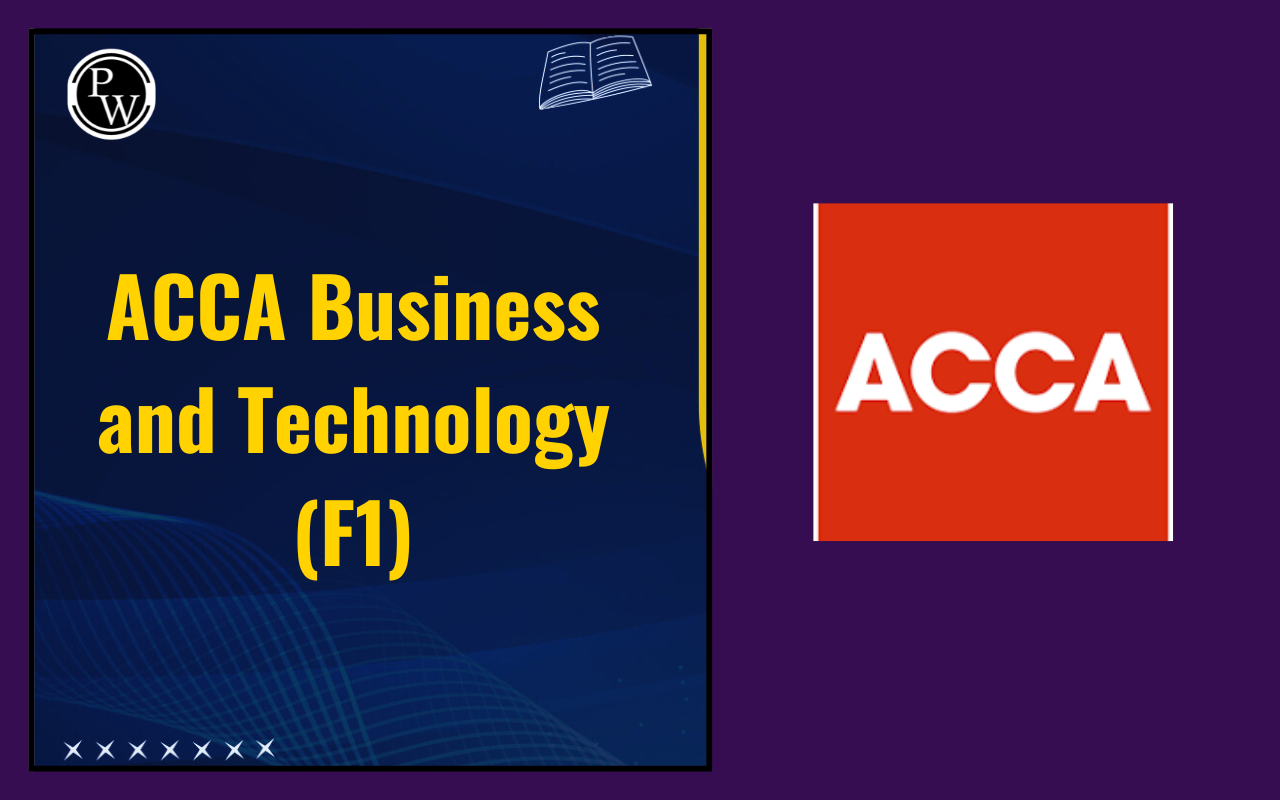
ACCA exams can be stressful, especially when it comes to those hard multiple-choice questions (MCQs). Although they can seem easy, they are intended to assess both your knowledge and your capacity to apply it under duress. You need strategy, presence of mind, and practice in addition to facts if you want to succeed. We'll tell you how to effectively attempt ACCA multiple-choice questions in order to get the most points possible.
Whether you’re a first-timer or someone aiming to boost your score, this will walk you through effective preparation techniques, strategic answering methods, common traps to avoid, and mindset tips that can transform your exam experience.
How to Prepare for ACCA MCQs?
Preparation is everything when it comes to Attempt ACCA MCQs. First things first: cover the entire syllabus. Don’t fall into the trap of selective studying or ‘question spotting’. MCQs in ACCA exams are framed to ensure complete syllabus coverage, so narrowing your focus to just a few topics can be dangerous.
The following is how to prepare smartly:
-
Thorough Study: Read every topic and make sure you understand the core concepts, not just memorize them.
-
Practice Past Papers: Use the specimen papers and ACCA’s question bank. Practicing helps you familiarize yourself with the exam style and time management.
-
Analyze Your Answers: Don’t just mark your answers right or wrong. Review the logic behind correct and incorrect options. Understanding why an option is wrong is just as valuable as knowing why another is right.
-
Cover the ‘Why’: After every MCQ practice session, reflect on the reasoning. This boosts concept clarity and prepares you for similar tricky questions in the exam.
-
Time Simulation: Attempt full-length mock tests within the time limit. This sharpens your decision-making speed.
-
Avoid Overthinking: Many candidates lose marks due to confusion or misinterpretation. Stick to the data provided, don’t read into the question.
How to Attempt ACCA MCQs?
Knowing how to Attempt ACCA MCQs is an exam skill in itself. Once you’ve prepared well, it’s time to use some techniques during the actual paper.
1. Read the Question Carefully
This can’t be stressed enough. Every word in the question is chosen with precision. Don’t rush, read the stem, options, and especially the prompt carefully. Misreading a word like "not" or missing units (like annual vs quarterly) can change your entire answer.
2. Understand What’s Being Asked
Before jumping into options, pause and figure out what the question wants. Are they asking for a calculation? A concept definition? A result based on data? Focus on the requirement.
3. Don’t Assume Information
Only use the data provided. For example, if there’s no mention of opening balance, don’t assume it exists. Stick to the information given.
4. Eliminate Wrong Answers
Even if you're unsure of the correct answer, eliminate the obviously incorrect ones. This increases your odds significantly, and often narrows down to a 50-50.
5. Beware of Distractors
Examiners use distractors, plausible wrong answers that are based on common mistakes. For example, miscalculating loss percentages or applying the wrong rate. Stay sharp.
6. Apply Logical Thinking
Don’t just rely on memory. Often, logic and concept clarity help eliminate false options.
7. Use the Process of Elimination (POE)
It’s okay to guess if needed, but make it an educated guess. Use POE to improve your chances.
8. Mark and Move
If you're unsure, don’t waste too much time. Mark it for review and move on. You can always return to it later if time permits.
9. Double-Check Calculations
If you have time, revisit your calculation-based answers. A simple error could cost you marks.
10. Stay Calm and Focused
Panic leads to silly mistakes. Stay calm, breathe, and trust your preparation.
These strategies can help you confidently Attempt ACCA MCQs and maximize your chances of scoring high.
Also Check: Common Mistakes ACCA Students Make and How to Avoid Them
Common Mistakes to Avoid While Attempting ACCA MCQs
To truly master how to Attempt ACCA MCQs, it’s essential to avoid these common pitfalls:
-
Skimming the Question: Many students miss key details by reading too fast. Always take a few extra seconds to understand the full question.
-
Overthinking the Options: Stick to your first instinct, if your preparation is solid, your gut is often right. Don't twist the question unnecessarily.
-
Assuming Extra Information: Use only what’s given. Don’t bring in your workplace assumptions or outside examples unless it’s part of the question.
-
Spending Too Much Time on One Question: Every MCQ carries the same weight. If one question is eating up your time, move on.
-
Guessing Blindly: Use POE or your understanding to make a calculated guess, not a random one.
-
Ignoring Negative Questions: Watch for words like "not", "least likely", etc. These flip the question’s requirement.
| Also Check: |
| How to Write Effective Answers in ACCA Professional Papers? |
| Myths and Facts about ACCA Course |
| How to Create a 90-Day Study Plan for ACCA Exams? |
| How to Manage Time During ACCA Exam? |
FAQs
How can I prepare to Attempt ACCA MCQs better?
What is the best strategy to Attempt ACCA MCQs during exams?
Is it okay to guess if I do not know the answer of ACCA MCQ?
Should I answer ACCA MCQs in order?

